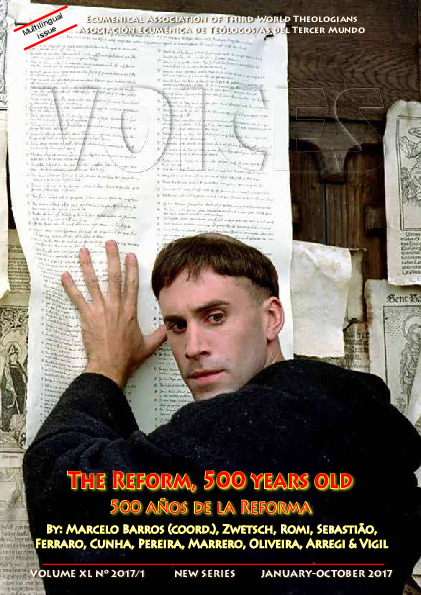It soon became clear that the challenge of medieval Catholicism needed to be addressed publicly. The Council of Zurich has convened several public disputes to address the issue, in preparation for Zwinglio’s 67 articles or conclusions, which resemble Luther’s 95 theses, but surpass them in terms of theological depth.
The first debate took place on 29 January 1523 (600 people attended), the second on 26 October 1523; the second, which attracted 900 people, focused more on the worship of relics and Mass. A third debate took place on 20 January 1524 with similar results: the reform of Zurich was completed in 1525, when the Roman Catholic Mass was abolished; the transfer was confirmed to Bern in 1528 and to Basel in 1529.
- Apparently.
- Zwinglio struggled with sexual temptation early in his life.
- He himself confessed to breaking his vow of chastity several times and often referred to the shame that darkened his life.
- In fact.
- His appointment to the church in Zurich in 1519 was questioned on the basis of rumors that he had seduced the daughter of an influential citizen.
- In the end.
- Is that it? Lady? He had seduced many in Zurich.
- Including Zwinglio.
- The accusation of immorality was eventually dropped when it was discovered that Zwinglio’s only rival for the post lived openly with several lovers and had six illegitimate children.
- Zwinglio himself lived with a widow.
- Anna Reinhart.
- And eventually married her in 1524.
- Just before the birth of her son.
Zwingli died fighting Catholic forces at the Battle of Cappel in 1531. After being wounded, the Catholics recognized him and immediately killed him. His body was dismembered (punishment for traitors) and then burned with dung so that nothing would remain to inspire others. Protestants.
Without a doubt, Zwinglio depended on Luther for many of his early thoughts. In 1540, Calvin wrote to Farel about Luther and Zwinglio: “If you compare to each other, do you know how distinguished Luther stands out?”Zwinglio tried to emphasize his independencia. de Luther:
? Why don’t you call me Paulina, since I preach like Sao Paulo? I don’t want the Papists to call me a Lutheran, because it was not Luther who taught me the doctrine of Christ, but the Word of God. preach Christ, he does the same as me; therefore, I will bear no name except that of my captain, Jesus Christ, of whom I am a soldier.
Once again
“I am not ready to take Luther’s name upon me, for I have received little from him. Is what I have read about your writings usually based on the Word of God?
Zwinglio shared Luther and Calvin’s views on the unique sufficiency and authority of the scriptures and on God’s sovereignty in salvation (divine choice). In his book On Providence, Zwonglio advocated for God’s integral providential control over all life, good and bad. abolition of all images and complements of medieval Catholicism, for fear that they would serve as an obstacle to the simplicity of faith in Christ.

